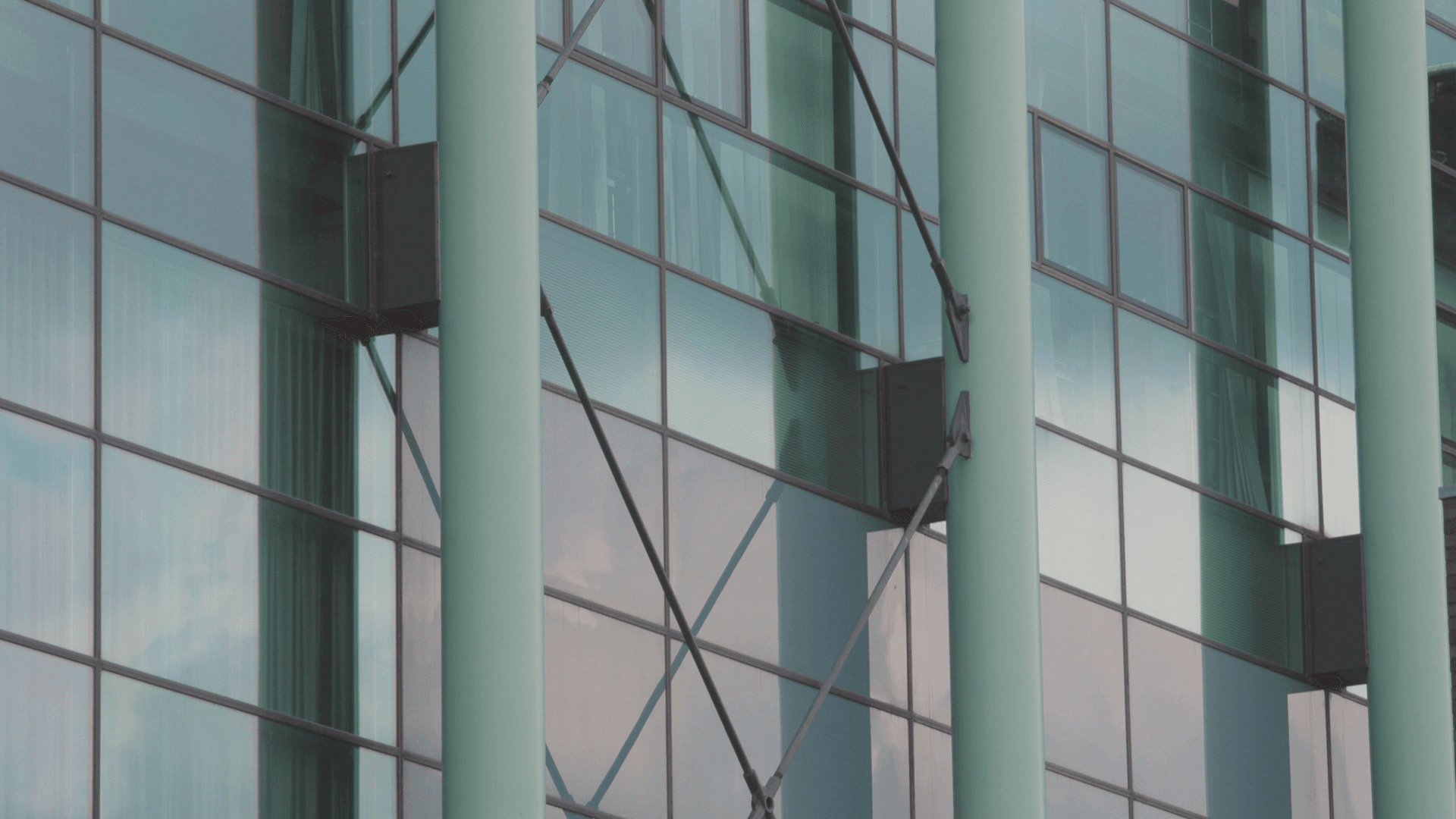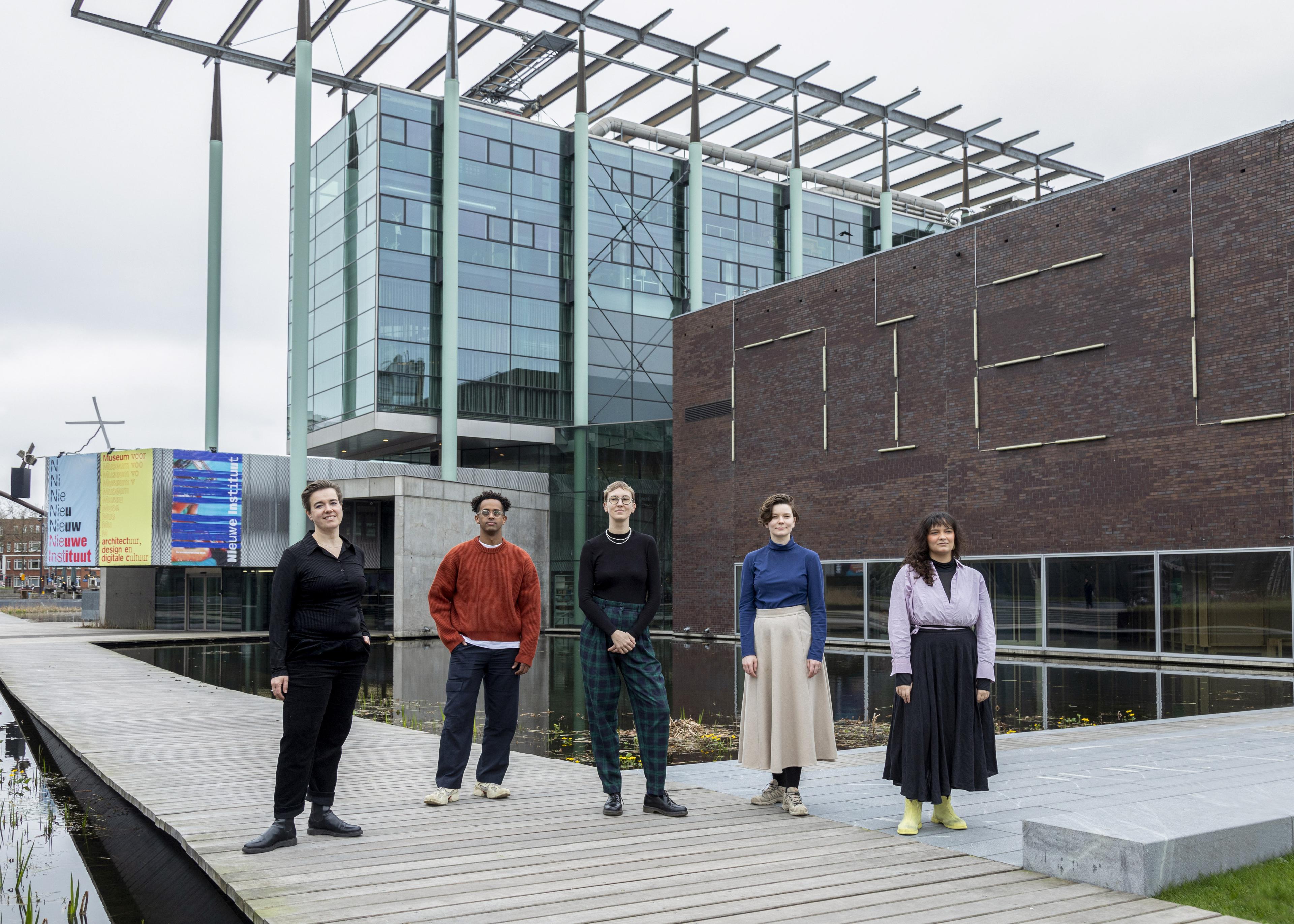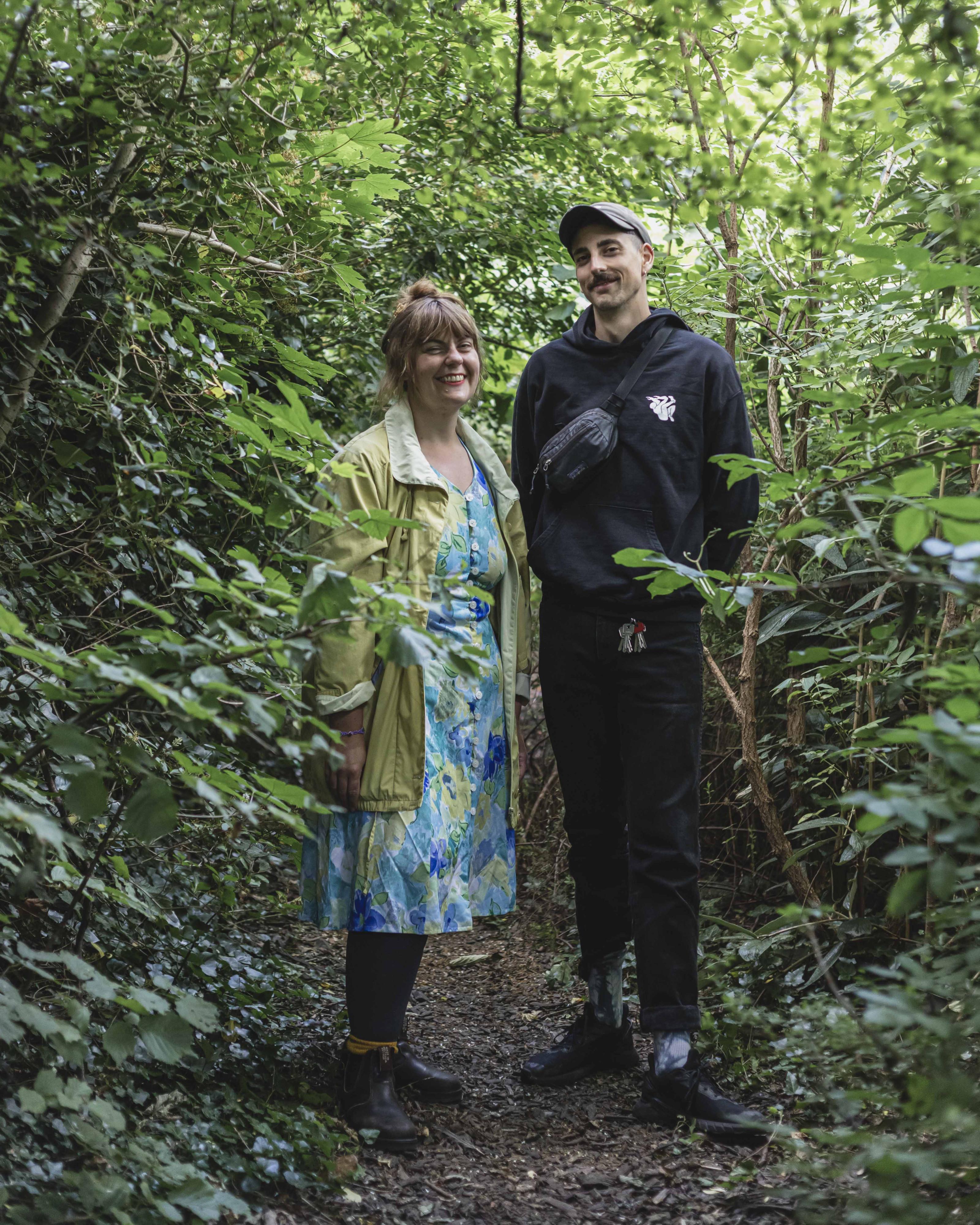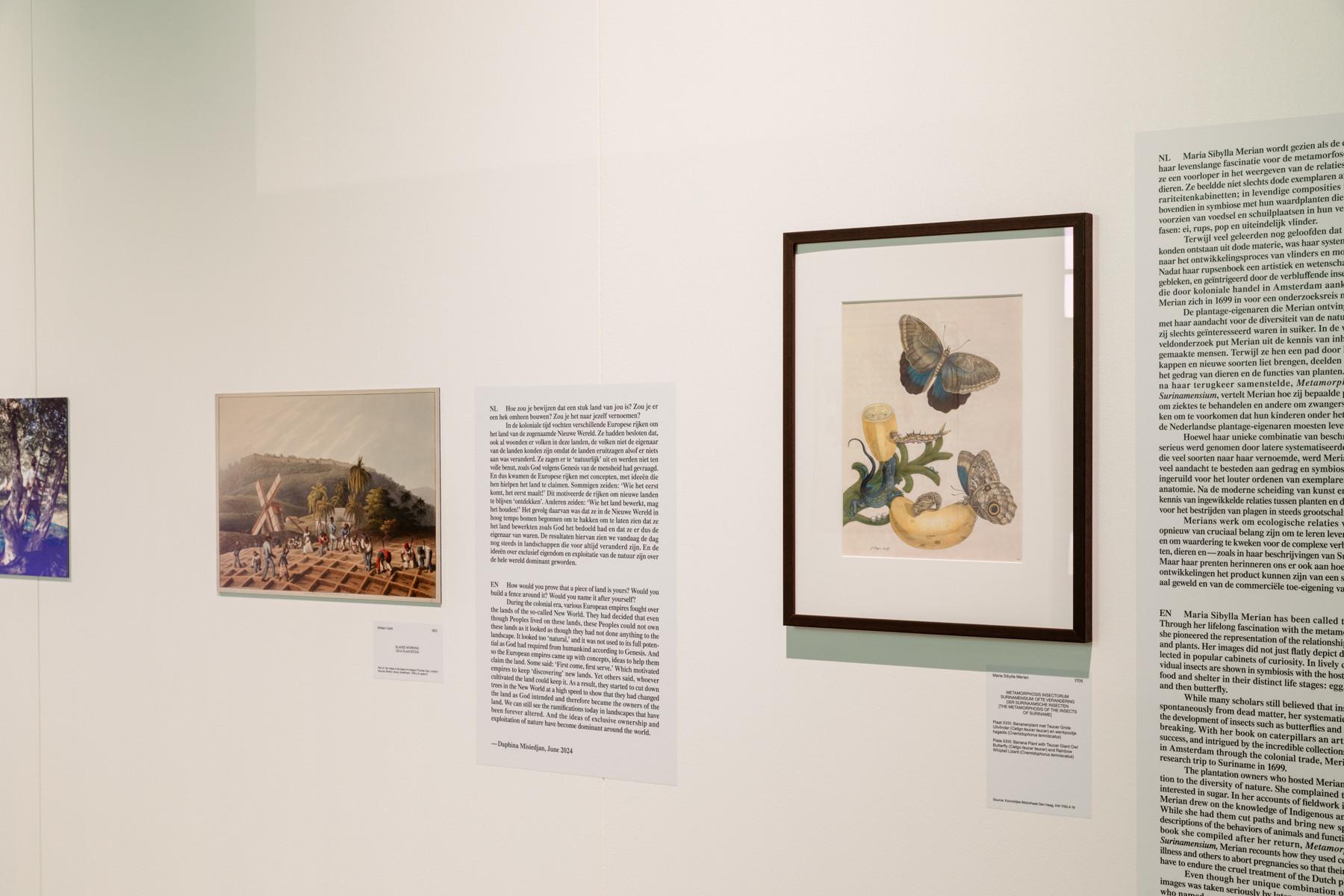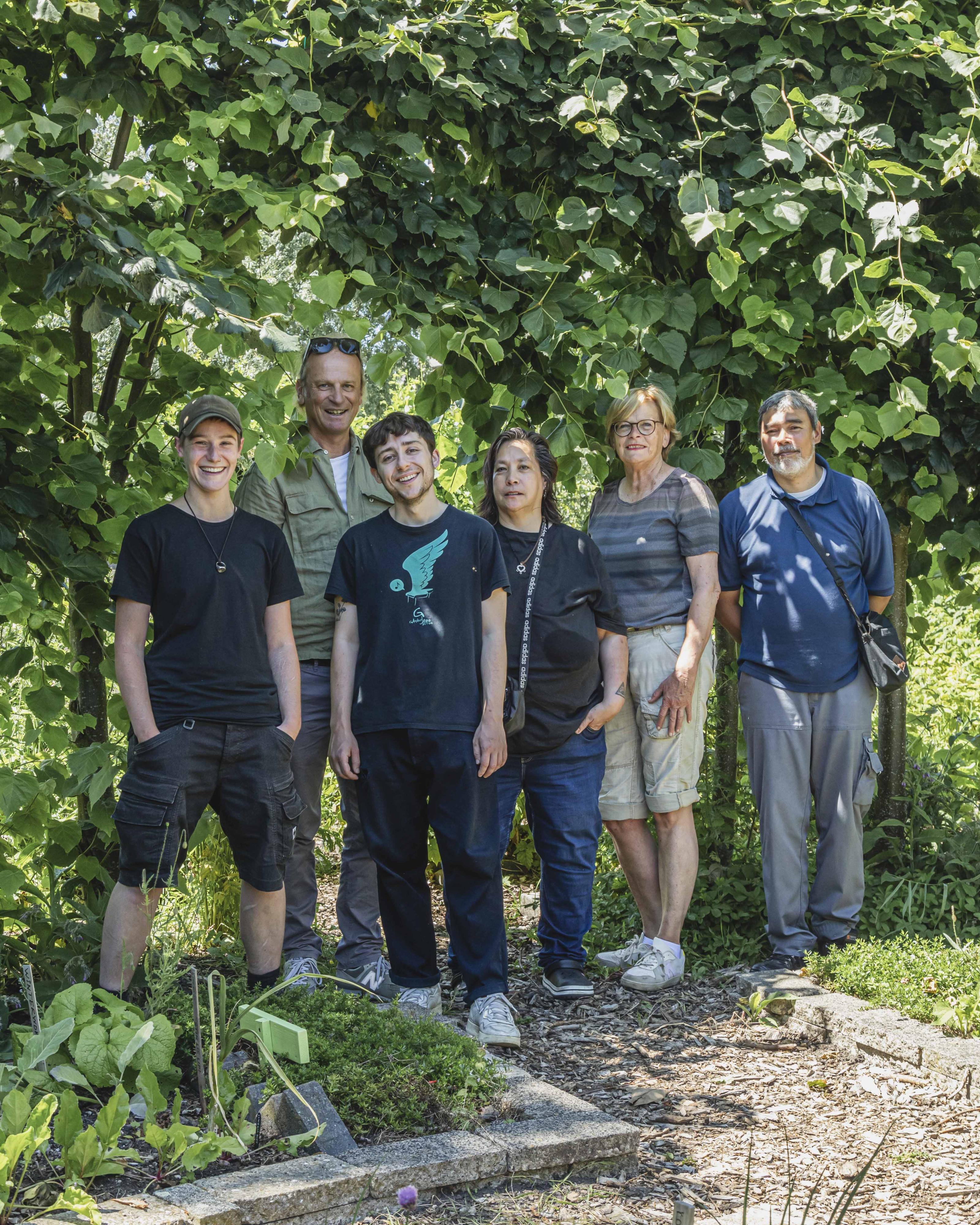The IABR 2024: Nature of Hope education symposium, Nature of Knowledge on Friday September 20th, will explore innovative approaches in architecture and spatial design education that address the ecological crises and their impact on design practices. One of the keynote speakers of the day, Daniel Barber, Chair of Architecture History and Theory at TU Eindhoven, is a renowned historian and theorist specializing in the environmental dimensions of architecture across time. He was until recently the Head of School Architecture at the University of Technology Sydney. His work delves into how architectural pedagogy and practice are evolving in response to the challenges of climate instability. We had the opportunity to discuss his vision on education, architecture, and more—a preview of the insights he will share at the upcoming symposium in a few weeks.
Knowledge For A Post-Growth World
Barber, along with four international speakers, will open the symposium with Block 1: Knowledge for a Post-Growth World. This session will address the urgent need for the design and construction industries—responsible for a third of landfill waste and 40% of carbon emissions—to move beyond outdated models of production and extraction. In the face of ecological and social crises, the symposium will explore new frameworks that challenge traditional views of nature, advocating for regenerative and equitable practices suited to a finite planet.
At the symposium, Barber will discuss two key areas: how to teach architects about decarbonisation as a cultural project, and how design can be a part of the just energy transition. His 2019 essay, After Comfort, has sparked a global conversation on the role of design in changing habits and patterns within the built environment. Barber contends that both design practices and social behaviors must evolve to achieve meaningful reductions in carbon emissions. “We need to learn how to live in spaces without fossil fuels. It doesn’t have to be uncomfortable”, as Barber put it.
“In teaching architecture, the question of how the field can position itself relative to these challenges is crucial, with a focus on advocacy and civic engagement. In their design interventions,” Barber explains, “architects are increasingly operating as agents of decarbonization, concerned about building as a carbon medium, a carbon accounting.” As a historian, he examines narratives driven by technological change and also by customary strategies of building. “We need to be wary of both techno-solutions and nostalgic appeals to natural processes. He encourages his students in design and history to focus on decarbonization. We need to critically engage with the fact that the history of architecture has largely been a history of carbon production. Most of the sustainable rationales have led to more building, more energy. How do we consider sufficiency measures and other means of reducing absolute demand as part of what the architect does?”
The education symposium
As the IABR 2024 symposium approaches, we are reminded of the power of education and innovation in transforming our living environments. During The Nature Of Knowledge on Friday September 20th, Daniel will be accompanied by many other inspiring speakers exploring these transformative ideas and be part of a movement that is redefining the very foundation of urban design. He is also participating with 'Climate Portrait: Nieuwe Instituut', a film exploring the climate control system and the comfort habits of the host institution. Find more info, the full program and tickets for the symposium here.
